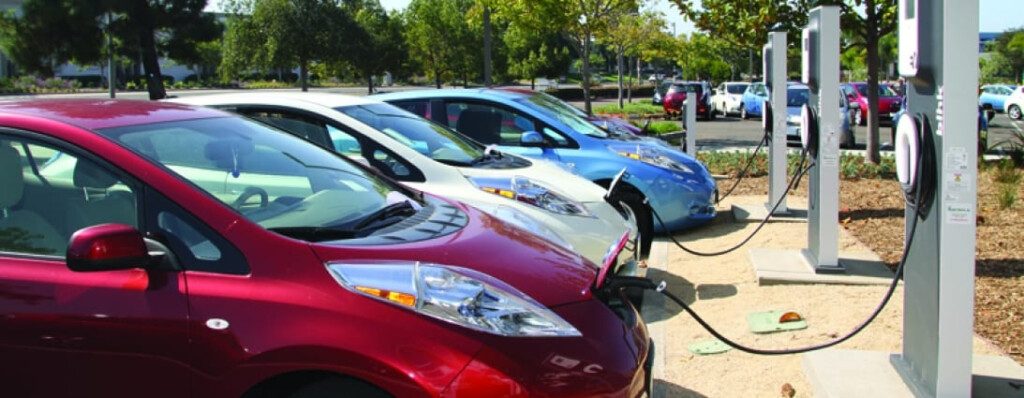California State Rebate For Electric Vehicles – California Rebates provide a range of incentives residents can take advantage of to save money or reduce their environmental impact. This comprehensive guide will discuss the most popular rebates on electric cars, solar energy and energy efficiency, conservation of water and programs which can be applied to these types of rebates. Find out more about eligibility criteria and the best way to apply. Additionally, you will learn some ways to save money.
Solar Rebates
- California Solar Initiative (CSI)
The California Solar Initiative (CSI) is a program at the state level that provides financial incentives for installing solar energy systems on residential and commercial properties. The goal of the program is to increase the use of solar energy and decrease greenhouse gas emissions. The incentives are based on the system’s performance and may pay as much as 30% of your installation costs.
- Federal Investment Tax Credit (ITC)
Federal Investment Tax Credit (ITC), which offers a 26% tax credit for solar energy systems that are installed on commercial or residential homes, gives you a tax deduction. The credit can be claimed on your federal tax return. The credit can be carried over into future tax years, even if it is not used to its fullest capacity in the initial year.
- Net Energy Metering (NEM)
Net Energy Metering Also known as net energy billing, is a way that solar energy system owners may be credited for excess electricity produced. This credit can also be used to pay off electricity bills during periods when the system does not generate enough power.
Electric Vehicle Rebates
- Clean Vehicle Rebate Project (CVRP)
California’s Clean Vehicle Rebate Project provides rebates for the purchase and lease of eligible electric vehicles (EVs). Reward amounts range from $2,000-$4,500 depending on your household’s income as well as the car you own.
- Federal Tax Credit for Electric Vehicles
For eligible EVs, the Federal Tax Credit for Electric Vehicles offers a tax credit that can be up to $7,000. The amount of the credit varies depending on the vehicle’s battery capacity and manufacturer sales.
Energy Efficiency Rebates
- Home Energy Renovation Opportunity. (HERO) Program
California homeowners can avail homeowners in California can avail the Home Energy Renovation Opportunity program that offers loans for energy efficiency, renewable energy, and water conservation. The program is low-interest and long-term. It can be repaid with property taxes.
- Energy Upgrade California
California has an Energy Upgrade California initiative. This is a comprehensive state program which offers homeowners incentives to invest in energy-efficient home upgrades. The type of improvement you’re looking to undertake will determine the amount of rebates available. They can range from a few hundred dollars up to several thousand. Examples of eligible improvements are insulation, high-efficiency heating, cooling, and energy efficient windows.
Water Conservation Rebates
- Turf Replacement Rebate
The Turf Replacement Rebate program offers financial incentives for California residents who are able to replace their drought-resistant lawns and water-thirsty lawns landscaping. Rebates are available starting at $2 for each square foot of turf replacement. They could help in reducing water consumption and maintenance costs.
- Water-Efficient Landscapes Rebate
The Water-Efficient Landscape Rebate Program gives incentives for the installation of water-efficient irrigation systems as well as rainwater harvesting devices and other water-efficient landscaping elements. Rebates can offset the costs that are associated with creating a green landscape.
Conclusion
California Rebates provide a variety of options for residents to save time and benefit the environment. Through taking advantage of these solar, electric vehicle, energy efficiency, and incentives for water conservation that can have positive changes to the environment, while also gaining huge financial rewards. It is possible to maximize savings by researching the eligibility criteria for each program before using the appropriate processes. The experts are there to guide you through the procedure.





